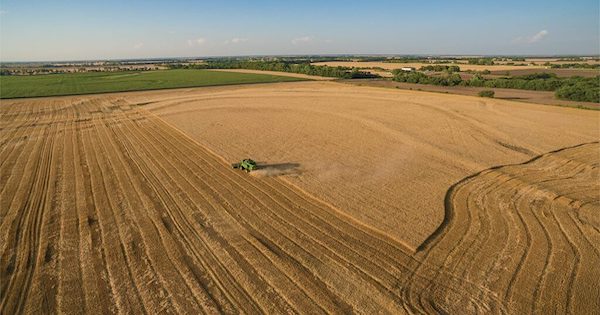As agricultural producers look to integrate more soil-friendly tactics into their farm work, new research is shedding light on how these practices can benefit those who consume their produce. A team of researchers, led by University of Washington (UW) professor David Montgomery, recently examined the link between soil health and the nutrients found in produce. The results, published in PeerJ, suggested that using regenerative soil-building practices during farming may enhance the nutrient density of plants grown in these areas. In addition, with agricultural equipment from companies such as John Deere, soil health may be easier for farmers to maintain.
Montgomery and his team worked with farmers — primarily located in the Eastern and Midwest regions of the U.S. — to conduct the study. First, they asked them to grow one acre of peas, sorghum, corn, or soybeans with regenerative farm practices. For comparison, the same crop was grown with conventional farming practices at a nearby farm. Then, beginning in 2019, all participating farms had their soil and crops sampled for analysis.
“The goal was to try to get some direct comparisons, where you controlled for key variables: The crop is the same, the climate is the same, the weather is the same because they’re right next to each other, the soil is the same in terms of soil type, but it’s been farmed quite differently for at least five years,” Montgomery told UW News “What we’re seeing is that the regeneratively farmed soils had twice as much carbon in their topsoil and a threefold increase in their soil health score.”
In the end, the researchers concluded that the biology of the soil is what likely resulted in the boost in nutrient density. Montgomery stated that he would like future studies to look at larger sample sizes for comparison.
More information on the planting equipment John Deere has to offer can be found by contacting your local John Deere dealer.
